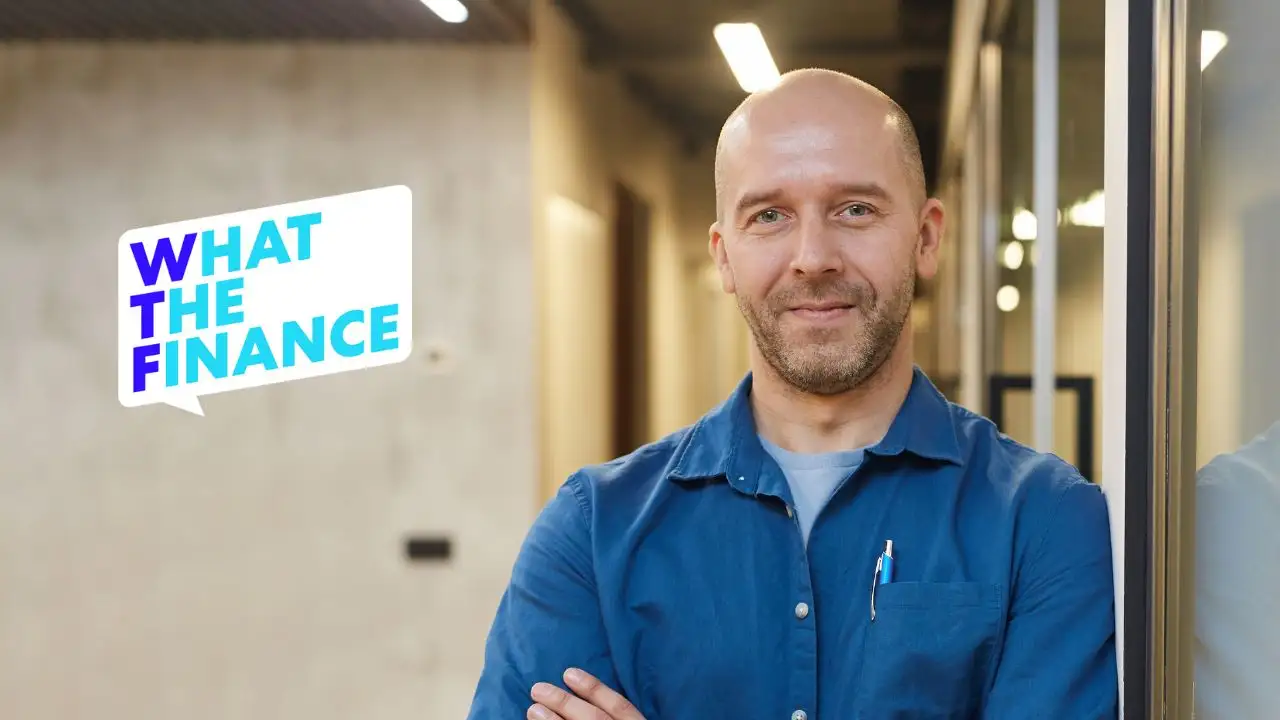
Everyday Finances
Are you in control of your credit cards OR are they controlling you?
Aug 23, 2023
Written by
Reviewed by
You're out to dinner, and it's time to settle the check. Without thinking, you automatically reach for a credit card.
No big deal, right? After all, that's what credit cards are for—to pay for things.
Technically, that's true. But becoming dependent on those shiny pieces of plastic in your wallet can be problematic if you're racking up debt or falling behind on monthly payments.
So how do you know if you're involved in a toxic relationship with your credit cards? Here are three clues that it might be time to slow things down.

1. You're not keeping up with what you spend
Think fast, how much do you owe on your credit cards? (And no peeking at your statements.)
If you're drawing a blank, that's a sign that you might be tuned out to just how much you're spending. After all, it's so easy to charge things to your cards, and it's just as easy to lose track of how it's adding up.
You might be in for a real shock once you get around to running the numbers. Or worse, you could find your card getting declined because you've unknowingly maxed it out.
Know your balances. If they’re growing, examine your spending compared to your income and make adjustments.

2. You spend a lot of time moving debt around
Balance transfers let you move debt from one card to another, ideally to get a lower interest rate. And that might be fine to do once (maybe even twice), assuming that you're paying the balance off on the new card before the regular APR kicks in.
But here's the thing. Balance transfers only work if you actually pay the debt off.
If you're just shuffling balances from one card to another as each offer runs out, you're probably not making much of a difference in what you owe. You might even be adding to your debt if you're charging up your cards again after transferring balances.
And that's not good. In fact, it can be really bad if your debt becomes overwhelming. Not to mention, transferring balances all the time means you're probably forking over some decent money to each credit card company in fees.
Avoid the temptation to do repeat balance transfers. There are many ways to pay off credit card balances, and they don’t have to lead to the risk of more debt.

3. Your credit score makes you cringe
Credit scores tell lenders how good you are at managing debt. And if you're too afraid to look at yours, that's a hint that your credit cards might be running the show.
Just having a credit card doesn't make or break your credit standing. But the way that you use it can.
Your cards could be working against you if you're carrying high balances or maxing them out. Without getting too technical, how much you owe on your cards (or your credit utilization ratio in industry speak) can have a big impact on your credit health. Contrary to popular myth, you do not need to carry a balance to have good credit.
Then there's how you pay your cards. If you're only paying the minimums each month, that won't do much to bring your balances down. You could be looking at years or decades to get rid of your debt. And your payment history has the biggest impact on your credit standing.
Your goal is to pay on time every time, and keep credit card balances low. Easier said than done, we know. If you’re struggling to get to this point, talk to a professional debt consultant who can help you make a plan.

Credit cards don't have to control you
Credit cards can make life easier when you need to pay, but they can cause their fair share of headaches too. If you find yourself relying on your cards in ways that are hurting you financially, then recognizing that there's a problem is a good starting point.
Review your spending habits and debt with an expert who could help you find the right solution for dealing with it. That might include a debt consolidation loan that simplifies your finances and helps you make a plan to get rid of debt. If you’re already struggling, you can also consider debt resolution, which is negotiating with your creditors to lower the amount you owe. Your debt expert could help you choose the best path to move forward without credit cards weighing you down.
Author Information
Written by
Rebecca is a senior contributing writer and debt expert. She's a Certified Educator in Personal Finance and a banking expert for Forbes Advisor. In addition to writing for online publications, Rebecca owns a personal finance website dedicated to teaching women how to take control of their money.
Reviewed by
Kimberly is Achieve’s senior editor. She is a financial counselor accredited by the Association for Financial Counseling & Planning Education®, and a mortgage expert for The Motley Fool. She owns and manages a 350-writer content agency.
Related Articles
Your debt-to-income ratio tells lenders how much money you can borrow. Find out how it works.
Jackie Lam
Author
Spoiler alert: APR is just how much your loan costs for a year. Find out here how it differs from your interest rate.
Miranda Marquit
Author
Expecting a check from the IRS and wondering what to do with it? Check out this inspo for smart ways to use your tax refund.
Kimberly Rotter
Author
Your debt-to-income ratio tells lenders how much money you can borrow. Find out how it works.
Jackie Lam
Author
Spoiler alert: APR is just how much your loan costs for a year. Find out here how it differs from your interest rate.
Miranda Marquit
Author
Expecting a check from the IRS and wondering what to do with it? Check out this inspo for smart ways to use your tax refund.
Kimberly Rotter
Author


